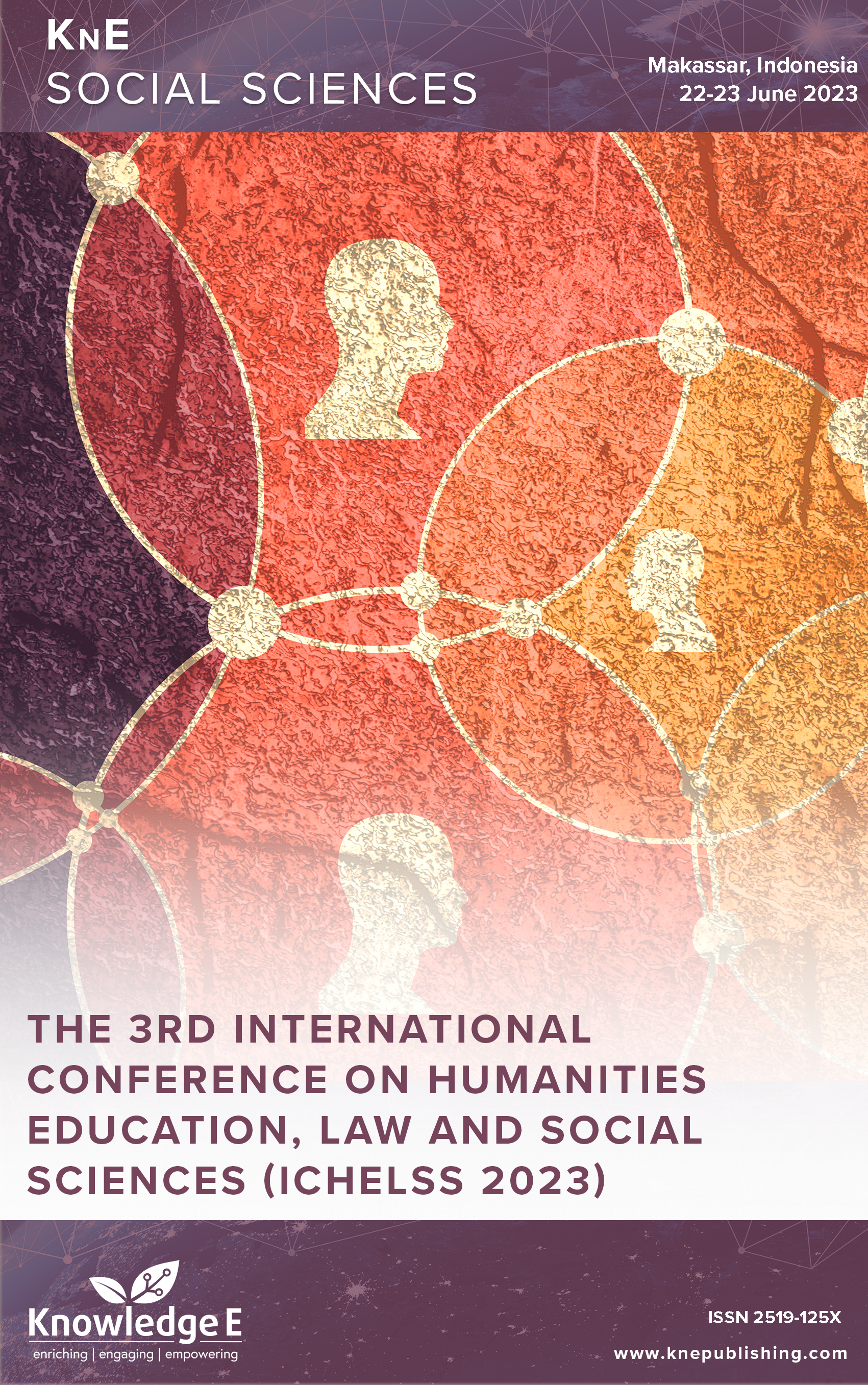Collective Aggressivity in Numerical cales
DOI:
https://doi.org/10.18502/kss.v9i2.14949Abstract
The social reality of conflict (group violence) is now occurring in many spheres of our society, including students who are synonymous with educated groups and prioritize rationality in making decisions. There are several reasons why conflicts between student groups occur. Firstly, the social reality triggers the tendency for students to behave aggressively and individual conflict occurs between students, which then shifts or switches to inter-group conflicts. This is deliberately created so that actors gain sympathy, support, even assistance from members of their group. Secondly, clashes between student groups tend to increase. This is because each conflicting group has seeds of conflict symptoms which at any time give a strong contribution to student’s aggressive behavior, in the form of group prejudice, ethnocentrism, and discrimination. Lastly, when compared with the existing conflict symptoms, group prejudice ranks first in contributing to the emergence of student aggressive behavior tendencies (ry2 = 0.98 or 98%), followed by discrimination (0.96 or 96%), and ethnocentrism (0.94 or 94%).
Keywords: collective aggressivity, Universitas Negeri Makassar
References
Efendi R, Ningsih AR. Pendidikan Karakter di Sekolah. Penerbit Qiara Media; 2022.
Wulandari T. Konsep dan Praksis Pendidikan Multikultural. UNY Press; 2020.
Gafur H. Mahasiswa & Dinamika Dunia Kampus. Rasibook; 2015.
Sarwono SW. Terorisme di Indonesia: Dalam tinjauan psikologi. Pustaka Alvabet; 2012. DOI: https://doi.org/10.24854/jpu12012-6
Luthfi K. Masyarakat Indonesia dan Tanggung Jawab Moralitas. Guepedia; 2018.
Gunawan K, Rante Y. Manajemen konflik atasi dampak masyarakat multikultural di Indonesia. Jurnal Mitra Ekonomi Dan Manajemen Bisnis. 2011;2:212–24.
Koswara E. Agresi Manusia. Jakarta: Eresco; 1990.
Adam A. Pelurusan Sejarah Indonesia 2007.
Akbar EN. Pemberitaan Koran tentang Peristiwa 27 Juli 1996 (Kompas dan Suara Karya). Avatara. E-Journal Pendidikan Sejarah. 2015;3:370–83.
Arliman L, Arif E. SARMIATI S. Pendidikan Karakter Untuk Mengatasi Degradasi Moral Komunikasi Keluarga. Ensiklopedia of Journal. 2022;4(2):143–9. DOI: https://doi.org/10.33559/eoj.v4i2.1056
Burlian P. Patologi sosial. Bumi Aksara; 2022.
Wahyu Egi Widayat D. Penguatan Aswaja Annahdliyah Melalui Literasi Kampus. CV. Pilar Nusantara; 2019.
HR HSC. Budaya akademik dan kemahasiswaan. Reativ Publisher; 2020.
Gafur H. Mahasiswa & Dinamika Dunia Kampus. Rasibook; 2015.
Purnomo AB. Rakyat (bukan) tumbal (kekuasaan & kekerasan). Gramedia Pustaka Utama; 2007.

